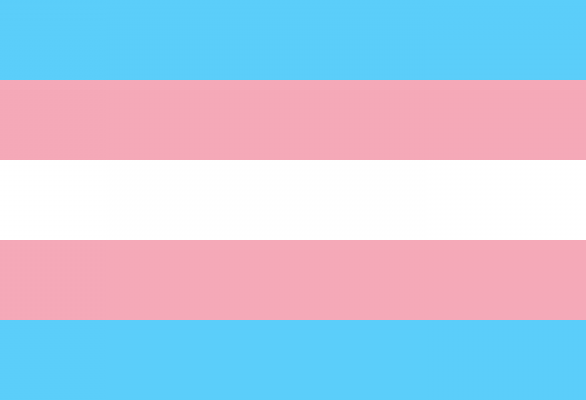I’m taking a class in media representation of minorities (read as: marginalized communities) because, quite frankly, I am sick to death about what the media says about me as a gay South African Colcred male – the order you place these identities makes little difference to what they say about me. I decided to take this class to gain expert insight around the matter so that I, as a media creator, could proactively work on shifting the narrative and, consequently, public perceptions of who I am.
Last week, as we discussed a recent media event dealing with a transgender teen winning a court battle granting them the right to use a locker room of their choice, my lecturer blurted out: “The pronoun things is tricky because you never know if he’s a she, or whatever.”
Err, no! There is nothing complicated about a journalist asking a person which gender they subscribe to; heck, we’re never too shy to ask them about anything else. In fact, it is a journalist’s job to ask all the necessary questions. Yet, here is a media veteran, whose apparent expertise is in reporting on minority groups, and their advice to an entire class aspiring journalists is to do “whatever” until there is clarity out there, somewhere. This attitude is unacceptable.
It is our duty as media to take the lead on matters of social reform. The public rely on us for direction and therefore, we sure as hell need to ensure that we gather the information they require of us. Accordingly, we’re meant to demonstrate to the public how to put in practice developments in society and the impact on language use – that is, “the whole pronoun thing,” as the professor teaching this class put it.
(And FYI: the best practice is to ask people – whether they appear transgender or not – which pronouns they use because making assumptions about anyone based on their appearance is undignified, and just bad manners; if someone looked sad, you’d ask them about it, not make assumptions about what you think may be wrong with them.)
How will society learn to accept our trans brothers and sisters–and siblings who do not subscribe to either terms in this binary–if the media we rely on for direction can’t, doesn’t, or refuses to? And, while we wait for “whatever” to transpire, vulnerable communities continue to experience the worst atrocities: murders of 27 transgender people were reported last year, making it the deadliest year on record for transgender people.
Continued “or whatevering” around transgender issues influences the public to regard such human rights violations against this population as marginal, insignificant even. We’re talking about a population group accounting for a million U.S. citizens–doesn’t seem so small anymore, does it?
Media completely neglects its societal role when it neglects the transgender community – so much for being the “voice of the voiceless” and “watchdog of society”! And with a whole new generation of journalists entering the newsroom with “whatever” in mind, coverage of transgender people leaves much to be desired.

